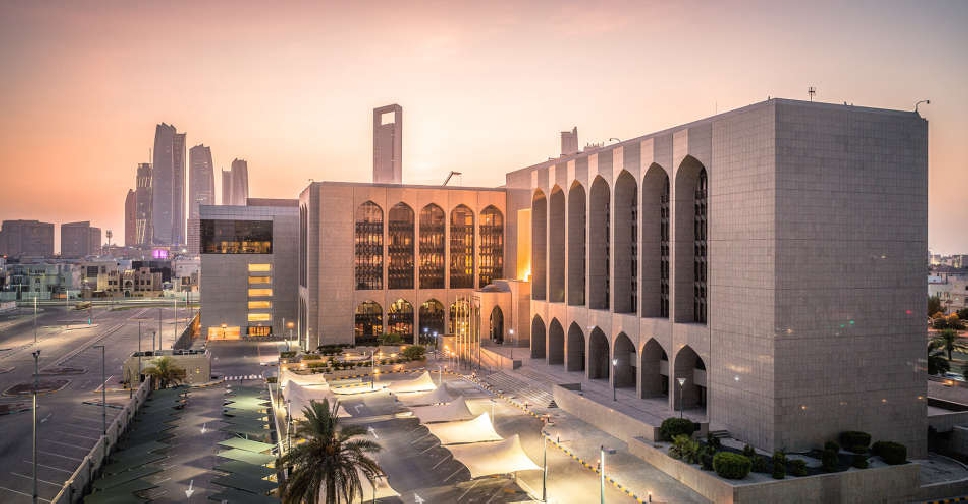
The UAE financial system remained resilient throughout last year despite global headwinds, with the banking sector well capitalised with adequate liquidity buffers, the Central Bank of the UAE (CBUAE) Financial Stability Report 2022 said.
The report, issued today, discussed global and local macroeconomic conditions, domestic asset markets, and provided a detailed assessment and evaluation of the UAE banking system.
It also outlined the variety of tools deployed by the CBUAE as part of its mandate, as well as its assessment of non-bank financial institutions and the broader financial infrastructure.
The report highlighted that during the year, the UAE benefitted from favourable domestic conditions, which insulated the financial system from adverse global economic trends. As a result, the risks impacting the financial system remained within acceptable boundaries and were largely unchanged from the previous year.
The report also indicated that the UAE’s real GDP growth accelerated during 2022 due to a robust recovery in non-oil GDP and a sizeable expansion of oil GDP. This comes at a time when the global economy experienced a slowdown in 2022, with external risks remaining elevated in an environment characterised by higher inflation, tightening financial conditions and continued geopolitical tensions.
The UAE’s banking system also benefitted from local macroeconomic recovery in 2022, with credit growth, particularly private sector loans, having rebounded during the year and the profitability of the banking sector exceeding pre-pandemic levels due to higher interest margins and lower impairment charges.
The CBUAE’s payment systems also remained robust in 2022, processing a rising volume and value of transactions, driven by economic growth and continued digitalisation efforts.
Regarding sustainability, the report stressed on the importance of UAE financial institutions managing climate-related financial risks and leveraging opportunities afforded by the global economy’s increasing need for sustainable finance.


 Nasdaq set to confirm bear market as Trump tariffs trigger recession fears
Nasdaq set to confirm bear market as Trump tariffs trigger recession fears
 Dana Gas and Crescent Petroleum exceed 500M boe in Khor Mor field
Dana Gas and Crescent Petroleum exceed 500M boe in Khor Mor field
 China to impose tariffs of 34% on all US goods
China to impose tariffs of 34% on all US goods
 Shares bruised, dollar crumbles as Trump tariffs stir recession fears
Shares bruised, dollar crumbles as Trump tariffs stir recession fears
 Wall Street futures sink as tariffs fuel recession fears
Wall Street futures sink as tariffs fuel recession fears




